the people he would expect to find in such a sphere of compensative bliss. And it is that variety which guides the temporary personal Ego into the current which will lead him to be reborn in a lower or higher condition in the next world of causes. Everything is so harmoniously adjusted in nature — especially in the subjective world, that no mistake can be ever committed by the Tathagatas — or Dhyan Chohans — who guide the impulses.
(5) On the face of the idea, a purely spiritual state would only be enjoyable to the entities highly spiritualized in this life. But there are myriads of very good people (morally) who are not spiritualized at all. How can they be fitted to pass, with their recollections of this life from a material to a spiritual condition of existence.
(5) It is "a spiritual condition" only as contrasted with our own grossly "material condition," and, as already stated — it is such degrees of spirituality that constitute and determine the great "varieties" of conditions within the limits of Deva-Chan.

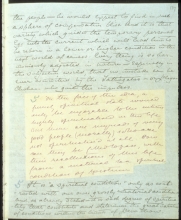

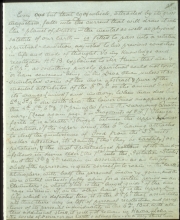
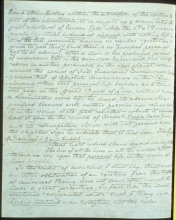
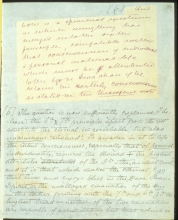
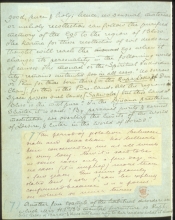

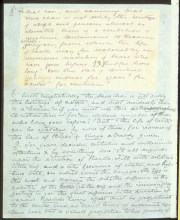
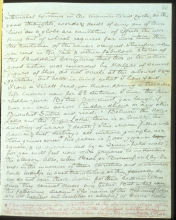
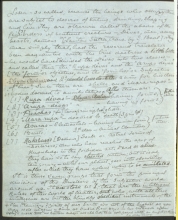

"Red Indian" refers to American Indians; Native Americans.